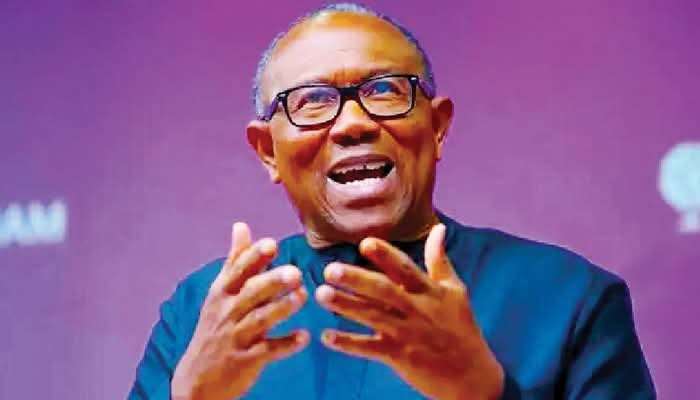Peter Obi’s presence in the Nigerian political arena has been a game-changer. His candidacy during the 2023 presidential election was a turning point in Nigeria’s political history. His being named the Labour Party’s flag energized young Nigerians, put into practice the not-too-young-to-rule policy, and redefined political engagement.
However, as 2027 approaches, the question arises: should Peter Obi contest again? While his supporters may see him as the best alternative to the ruling party and other oppositions, a deeper analysis suggests that he should not run in 2027. Instead, Obi should focus on building a lasting political movement that transcends elections.
One of the major weaknesses of Peter Obi’s 2023 campaign was the lack of a solid nationwide political structure. It was one of the things some of his opponents held on to during the 2023 presidential election campaign.
For instance, unlike the APC and PDP, which have well-established grassroots networks, the Labour Party struggled with organization, internal coordination, and polling unit representation. Winning a national election in Nigeria requires more than just popularity; it demands a deep-rooted political machine that ensures votes are properly mobilized and protected. Contesting in 2027 without addressing these structural weaknesses would likely result in another electoral setback.
Also, Obi should concentrate on strengthening democratic institutions and guiding the upcoming generation of political leaders rather than running for office again. There is a growing movement for accountability and good government that was evident in the 2023 election and current happenings in the country, but this movement requires institutional support. Instead of launching another short-term election campaign, Obi may make a lasting influence by assisting reputable candidates at all governmental levels and striving to establish a durable political framework.
Moreso, despite Obi’s popularity, Nigeria’s political landscape remains largely controlled by the APC and PDP. Ethnic and regional dynamics still play an important role in elections, and breaking this dominance requires more than just goodwill. Without significant reforms in election processes, including electronic voting and transparent vote collation, a fresh presidential bid could face the same systemic obstacles that limited his chances in 2023. Obi’s energy would be better spent pushing for electoral and constitutional reforms rather than another contested bid.
Further, a divided opposition makes it easier for the ruling party to retain power. Instead of running independently, Obi should consider forming alliances with other opposition figures and political parties. By supporting a coalition that brings together diverse political interests, he could play a crucial role in ensuring the emergence of a formidable opposition capable of defeating the ruling party in 2027. His experience, credibility, and mass appeal can be better utilized in building a united front rather than running a lone race. He should, however, be wary of the idea of going into opposition alliance as a contestant; he should rather support the opposition alliance and help bring forth a credible opposition excellent enough to unseat the APC.
Finally, Peter Obi’s impact on Nigerian politics is undeniable. However, another presidential run in 2027 may not be the best strategy for achieving his vision of good governance and national transformation. Instead of contesting, he should focus on strengthening political institutions, supporting electoral reforms, and uniting the opposition. Nigeria’s democracy needs long-term solutions, not just another election cycle. Obi’s leadership is still crucial, but it must go beyond the ballot box.
